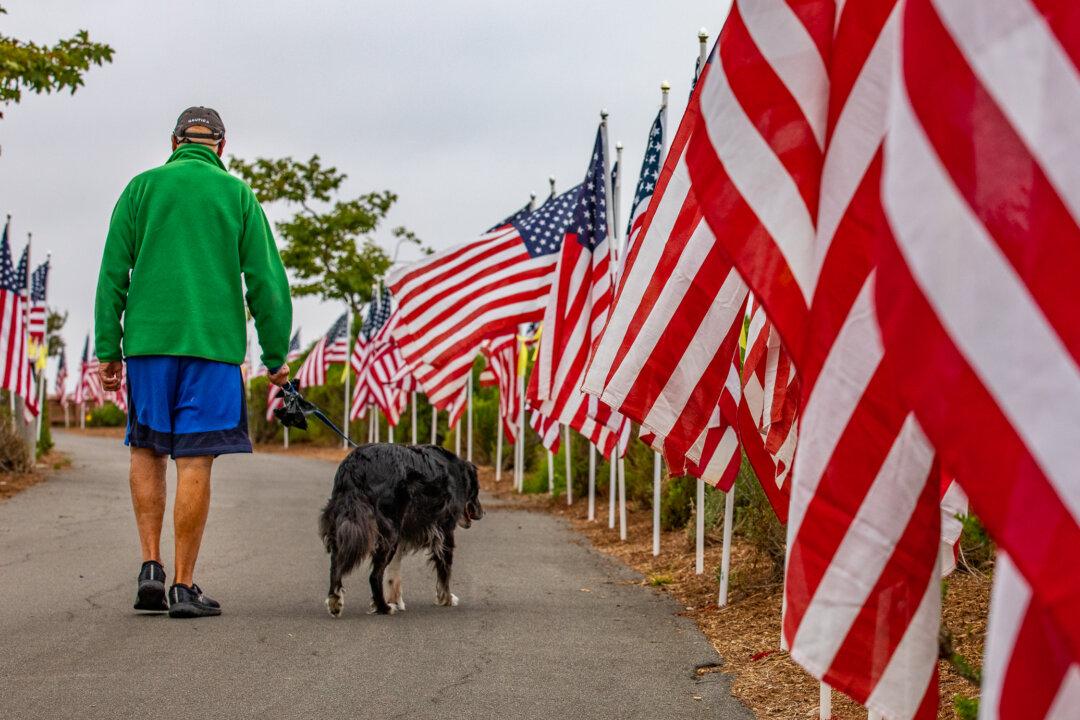Republicans Michelle Steel and Young Kim won House seats in Orange County, California, this election even though polls predicted wins for the Democratic incumbents in their districts.
In 2018, Democrats had surprisingly won all House seats in the traditionally red county. The Lincoln Club of Orange County and Para Bellum Public Relations teamed up this year to support Republican candidates, including Steel and Kim, to make sure that didn’t happen again.





